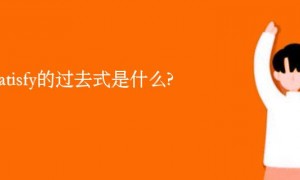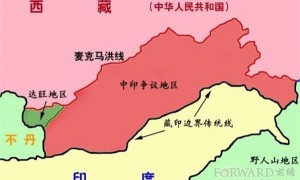satisfied, content, contented
这三个词共同的意思是“满足的,满意的”。它们的区别是:
1.content表示“甘心的,甘愿的”。例如:
Many men are content with a routine life.很多人满足这种有规律的生活。
contented指安于现状已无他求,有“知足”的意味。例如:
Tom was a lazy boy. He just passed the exam and was contented with the marks he got.汤姆是个懒家伙,他只满足于考试的分数刚好通过。
satisfied表示某事完全满足了个人的心愿、欲望、需要或要求,有积极愉快的意味在内。例如:
The teacher was quite satisfied with his answer.老师对他的回答很满意。
2.content多用作表语,后面还可接不定式。例如:
He was quite content to do so.他甘愿这么做。
contented可用作表语或定语。例如:
He has a contented smile.他有一丝满意的笑容。
satisfied多用作表语,很少作定语。例如:
The mother was satisfied.妈妈很满意。
satisfy, compensate, indemnify, pay, reimburse, remunerate
这组词都可表示“报偿”。它们的区别在于:
1.pay的基本意思是“偿还债务”,引申可表示多种意思,不一定指实际上的“金钱”。
2.compensate强调用相等的金钱或者价值相当的东西来“赔偿”失去的东西或“酬劳”他人付出的劳力。例如:
Many firms compensate their workers if they are hurt at work.许多公司都对工作时受伤的工人给予赔偿。
3.remunerate暗示或许诺要给予“报答”,但不一定兑现。例如:
I will remunerate you my debt for gratitude.我要报答我对你的感激之情。
We only hope we can remunerate you for the pleasure you have given us.我们只希望能够报答你给我们带来的快乐。
4.satisfy特指依据法律或法庭的判决加以“赔偿”,以满足其要求或还清某种债务。例如:
He had to satisfy all claims for the damage he had caused.他必须赔偿他造成的所有损失。
We are never late in satisfying him for his labour.我们从不延误付给他劳动报酬。
5.reimburse专指为他人报销办事时的花销。例如:
All expenses will be reimbursed to the customer for any loss or damage.一切费用都能给你报销。
6.indemnify指允诺或实际赔偿损失,但赔偿额不一定同损失额持平。例如:
Their former enemies indemnified the victorious nations for the huge loss.战胜国要求战败国交付巨额赔款。
satisfy,meet,fulfil
这些动词都含“满足”之意。
satisfy指完全达到预定的条件、要求、标准或期望、心愿等。
meet指最低限度地达到预期的标准,或强调要达到这个标准的困难。
fulfil可指兑现承诺,实现理想等高标准。










